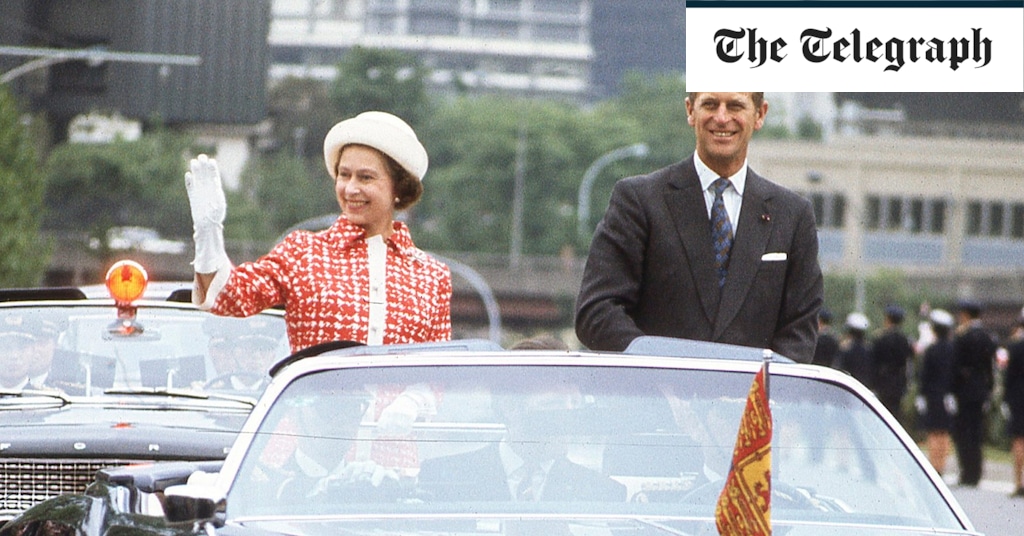In those early post-war days, the bridge of cordiality that was slowly being built between Japan and Britain was as fragile as kintsugi porcelain. A more important step towards reconciliation was needed, and that came in 1961 when Elizabeth II’s cousin, Princess Alexandra, visited Japan. She was accompanied by her mother’s private secretary, Sir Philip Hay, who had been a prisoner of war in the Far East, as a result of which he suffered recurring malaria. Princess Alexandra found the Japanese very friendly but received letters asking why she had gone, since their families had suffered so gravely.
She told me that she gave him a “bottom scraper”, an unfortunately named device used for trawling the sea bed. He was a marine biologist, having written several books on the subject and collected these objects. Perhaps this inspired his grandson’s interest. Whatever the Emperor made of his aquatic gift, he was undoubtedly more pleased by the fact that, during her visit, he was allowed to wear his Garter star.
During these and subsequent years, Princess Chichibu, the Emperor’s sister-in-law, worked tirelessly to improve Anglo-Japanese relations. Her father had been Japanese Ambassador to Britain and she had been born in Walton on Thames. With her husband, Prince Chichibu, she had attended the 1937 Coronation. She became Patron of the Japan-British Society in Tokyo and had a prominent role during Princess Margaret’s visit for British Week in 1969. At the time, Prince William of Gloucester even served at the British Embassy.
In 1970 King Charles III (as Prince of Wales) visited Japan, and the following year marked the first ever state visit by a Japanese Emperor to Britain when Hirohito landed on our shores once more. When he accepted Queen Elizabeth II’s invitation, he addressed her as “Madam My Sister” and signed it “Your Majesty’s Good Brother.”
He added in his letter: “I once visited your country when I was the Crown Prince and have always cherished the pleasant memories of it.”


